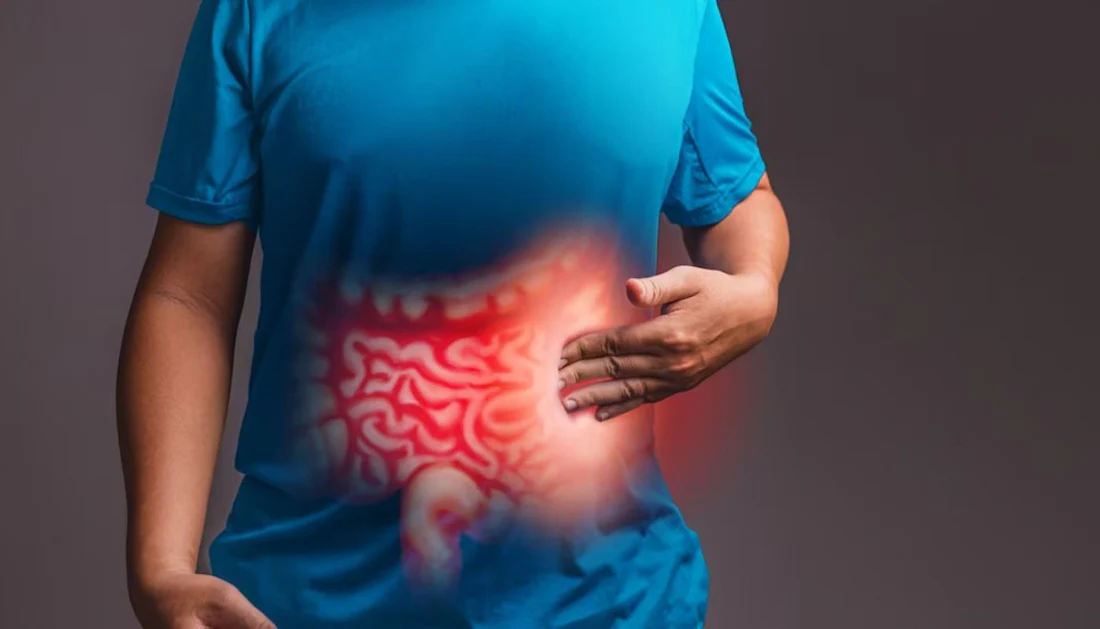Bloating is one of the most common digestive complaints experienced by people of all ages. It describes the uncomfortable sensation of fullness, tightness, or swelling in the abdomen, often accompanied by visible distension of the stomach. Many people report that bloating makes them feel heavier, sluggish, and less confident in their daily activities. While it is usually harmless and temporary, chronic or severe bloating can sometimes signal an underlying health condition that requires medical attention. Understanding the causes, symptoms, and treatment options is the first step in managing this condition effectively.
Causes of Bloating
The reasons behind bloating can be diverse, ranging from simple dietary choices to complex digestive disorders. One of the most common causes is excessive gas in the digestive tract. Gas can accumulate when people eat too quickly, chew gum, drink carbonated beverages, or swallow air while talking during meals. Certain foods such as beans, onions, garlic, cabbage, and artificial sweeteners can also increase gas production, leading to uncomfortable bloating.
Another frequent cause is constipation. When bowel movements are delayed, stool builds up in the intestines, and gas becomes trapped behind it. This creates pressure, discomfort, and a swollen abdomen. Food intolerances also play a major role, with lactose (from dairy products) and gluten (from wheat and related grains) being two common triggers. People with lactose intolerance lack the enzyme lactase needed to digest milk sugar, while those with gluten sensitivity or celiac disease may develop significant bloating after consuming bread, pasta, or similar products.
Medical conditions can also lead to persistent bloating. Irritable bowel syndrome (IBS) is one of the leading causes, as it affects both the movement and sensitivity of the intestines. Other conditions include gastroesophageal reflux disease (GERD), small intestinal bacterial overgrowth (SIBO), gastroparesis (delayed stomach emptying), and in rare cases, ascites or tumors in the abdominal cavity. Hormonal changes, particularly in women before and during menstruation, are also known to trigger bloating due to fluid retention and shifts in digestive motility.
Symptoms of Bloating
Bloating is usually easy to identify because of the discomfort it causes. The most obvious symptom is a feeling of fullness or tightness in the stomach, often described as if the abdomen is stretched or swollen. Many people also notice visible distension, where the belly appears larger or firmer than usual. Accompanying symptoms can include burping, flatulence, abdominal cramps, and gurgling sounds from the intestines.
In mild cases, bloating comes and goes within a few hours after meals. However, chronic bloating can last for days and may significantly affect a person’s lifestyle. In severe situations, it can cause shortness of breath, loss of appetite, nausea, or pain that interferes with sleep and daily activities. Warning signs that require immediate medical attention include bloating accompanied by unexplained weight loss, vomiting, blood in stool, or persistent severe pain, as these could point to more serious health conditions.
Treatments for Bloating
Treatment for bloating depends on the underlying cause, but in most cases, lifestyle and dietary changes can bring significant relief. One of the simplest remedies is to eat smaller, more frequent meals rather than large portions that overload the stomach. Chewing food thoroughly and eating slowly prevents excess air from being swallowed. Avoiding carbonated drinks, processed foods high in salt, and artificial sweeteners like sorbitol can also help reduce gas buildup and water retention.
Home remedies such as drinking peppermint or ginger tea, chewing fennel seeds, or adding lemon water to the daily routine are proven natural ways to ease digestion and reduce bloating. Light exercise, particularly walking or yoga, helps move gas through the intestines and provides quick relief. Staying well hydrated and gradually increasing dietary fiber are also essential for preventing constipation-related bloating.
For persistent bloating, over-the-counter remedies such as antacids, simethicone tablets, or probiotics may be useful. Probiotics restore balance in the gut microbiome, reducing gas production and supporting long-term digestive health. Activated charcoal capsules are another option for occasional bloating, though they should not be used as a long-term solution.
If bloating is caused by a medical condition such as IBS, celiac disease, or SIBO, treatment will require a more specialized approach. A doctor may recommend diagnostic tests, prescription medications, or dietary strategies like the low-FODMAP diet to identify and eliminate trigger foods. Women who experience hormonal bloating during their menstrual cycle may benefit from lifestyle adjustments, hydration, and balanced nutrition.
Final Thoughts
Bloating is uncomfortable, but in most cases it is manageable with simple changes in diet and lifestyle. Recognizing the triggers, choosing the right foods, and adopting healthy eating habits can make a big difference in reducing episodes of abdominal swelling. However, when bloating is persistent, painful, or accompanied by other worrying symptoms, medical consultation is essential to rule out serious conditions. By addressing both the immediate discomfort and the root causes, you can restore digestive balance and improve your overall well-being.
